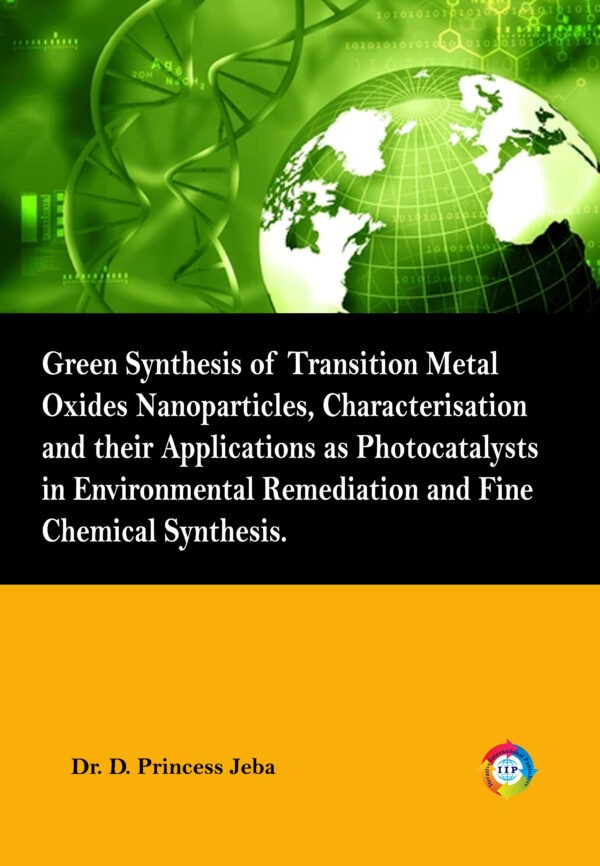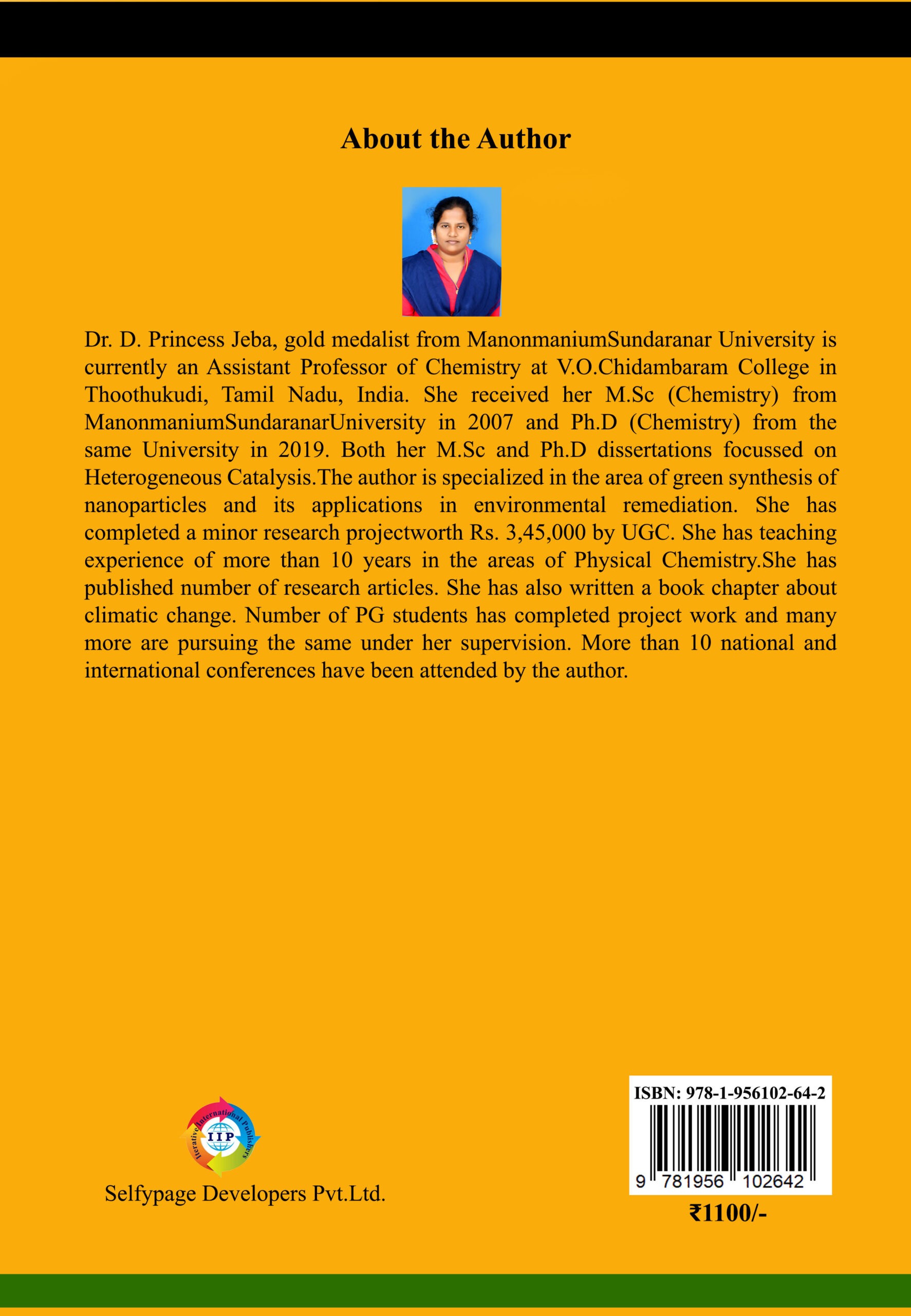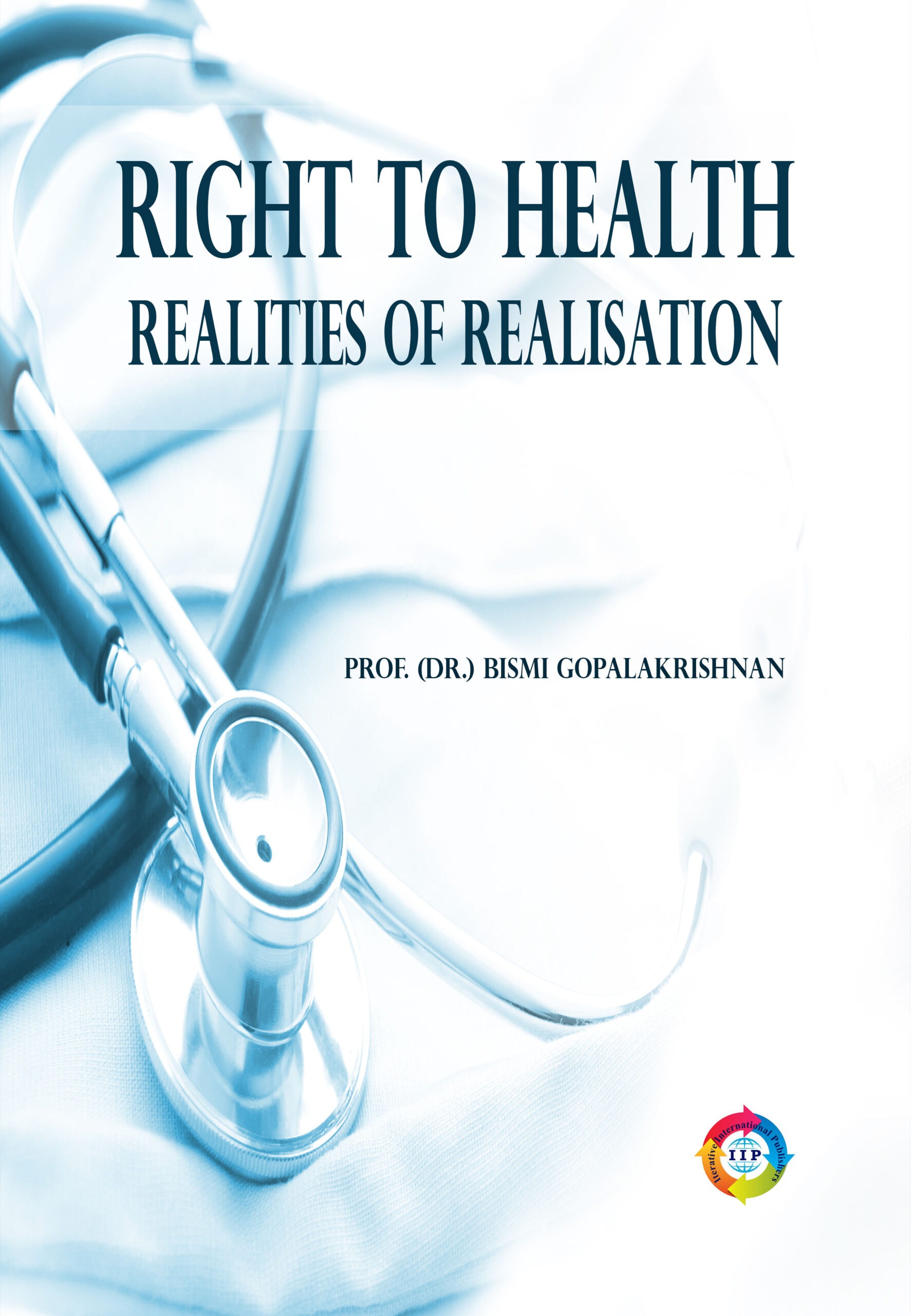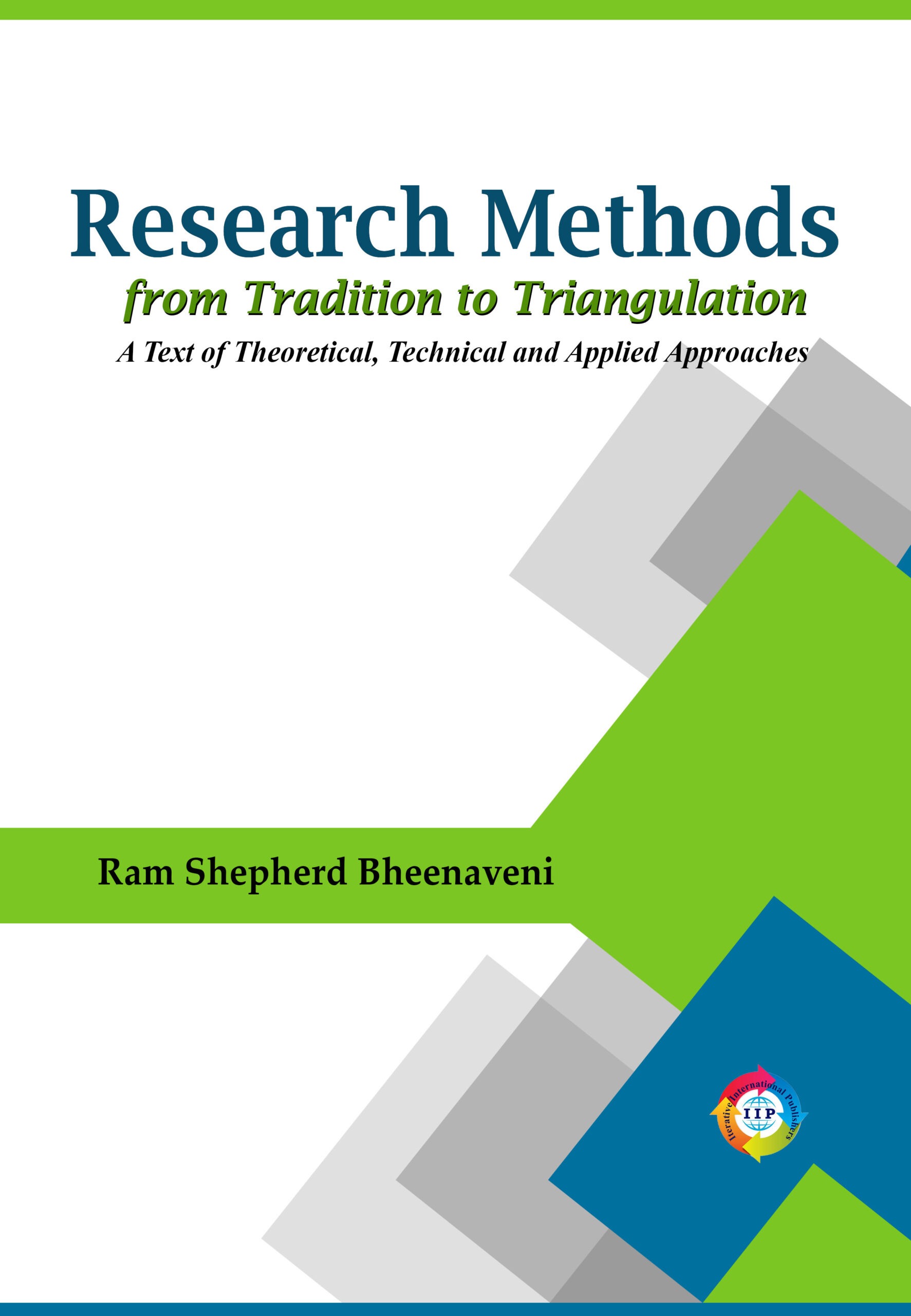Today nanotechnology in environmental remediation is a vibrant, emerging scientific discipline at the forefront of physics, chemistry, engineering, biology and medicine, and is becoming increasingly international in scope as demonstrated by emerging international and collaborations and exchanges. The overall purpose of this book is to provide timely and in-depth coverage of synthesis characterization and applications of green synthesized nanoparticles in environmental remediation. Divided into five sections, this book provides the latest research developments in many aspects of nanomaterials. Dyes are the most visible pollutants from textile industry, and are also discharged from a wide variety of other industries, including; rubber, paper, leather, plastics, cosmetics and printing. High levels of dye in wastewater can also cause a lack of dissolved oxygen, as well as impede light penetration in treatment pans, limiting the effectiveness of traditional biological treatment methods. An ecofriendly way of degrading dyes was explained in a full chapter with experimental evidences. This book is of interest to both fundamental research and also to practicing scientists and will prove invaluable to all chemical engineers, industrial chemists and students in industry and academia.









Reviews
There are no reviews yet.